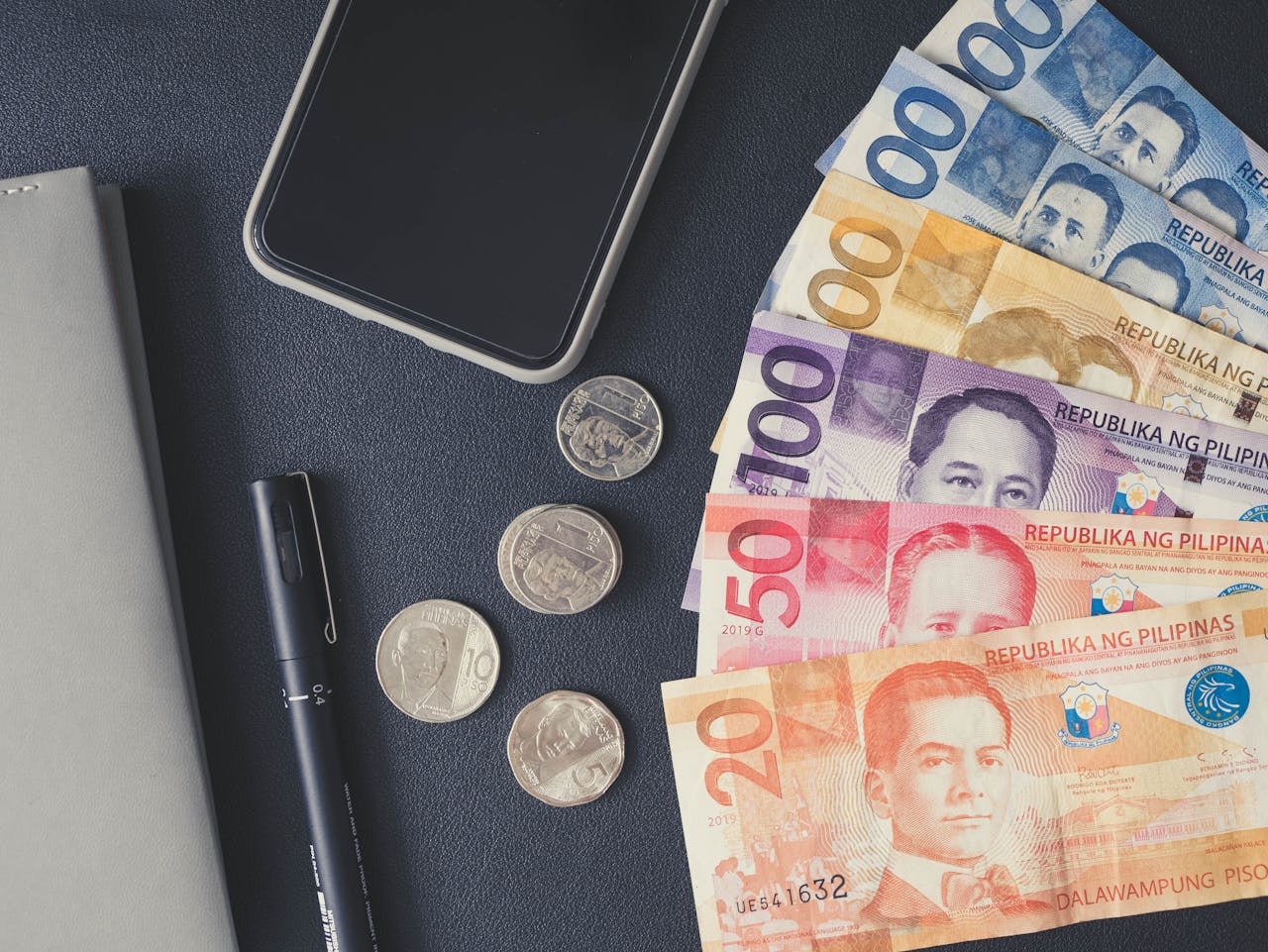
Building a strong network is crucial for any business, especially for manpower agencies in the Philippines. Networking can help you establish and strengthen alliances, which in turn can lead to more business opportunities, shared resources, and industry insights. Below is a comprehensive guide to network building in the Philippines for strengthening manpower agency alliances.
1. Understanding the Philippine Manpower Industry
Before you start building a network, it’s important to have a clear understanding of the manpower industry in the Philippines, including:
- Key Players: Identify the major agencies, industry leaders, and government bodies.
- Regulations: Familiarize yourself with the labor laws and regulations, as well as the role of the Philippine Overseas Employment Administration (POEA).
- Market Trends: Stay informed about the latest trends affecting labor supply and demand, both locally and internationally.
2. Establishing Your Agency’s Value Proposition
- Unique Services: What unique services or benefits does your agency offer? Be clear about your strengths and specialties.
- Reputation: Build a reputation for reliability, ethical practices, and excellent service.
- Branding: Develop a strong brand identity that reflects your agency’s values and professionalism.
3. Engaging with Industry Associations
- Membership: Join relevant associations such as the Philippine Association of Service Exporters, Inc. (PASEI) or the Society of Philippine Recruitment Agencies (SOPRA).
- Participation: Actively participate in meetings, forums, and workshops.
- Leadership: Take on leadership roles within associations to increase your visibility and influence.
4. Leveraging Social Media and Online Platforms
- Professional Networks: Use LinkedIn to connect with industry professionals and join relevant groups.
- Social Media Presence: Maintain active profiles on platforms like Facebook and LinkedIn to share industry news and agency updates.
- Online Forums: Participate in discussions on platforms such as Reddit, LinkedIn Groups, Facebook Groups or industry-specific forums.
5. Networking Events and Conferences
- Attend Events: Regularly attend industry events, job fairs, and conferences.
- Host Seminars: Organize seminars on topics relevant to the manpower industry to establish thought leadership.
- Sponsorships: Consider sponsoring events to increase brand visibility.
6. Collaboration and Partnerships
- Strategic Alliances: Form alliances with complementary businesses, such as training centers or travel agencies.
- Joint Ventures: Explore opportunities for joint ventures with other agencies for large projects or international expansion.
- Referral Programs: Implement referral programs to encourage existing contacts to introduce new alliances.
7. Cultivating Relationships
- Follow-Up: After meeting new contacts, follow up with a message expressing your interest in collaborating.
- Regular Communication: Keep in touch with your network through newsletters, personal messages, and updates.
- Trust Building: Build trust by being consistent, reliable, and transparent in your dealings.
8. Training and Development
- Professional Development: Encourage your staff to attend training and become industry experts.
- Knowledge Sharing: Share knowledge and resources with your alliances to foster a collaborative environment.
- Continuous Learning: Stay informed about global best practices and incorporate them into your operations.
9. Community Involvement
- CSR Initiatives: Engage in corporate social responsibility initiatives to give back to the community and enhance your agency’s image.
- Local Partnerships: Partner with local organizations for outreach programs that can also serve as networking opportunities.
10. Monitoring and Improving
- Feedback Mechanisms: Establish mechanisms for feedback from your network to understand their needs better.
- Performance Tracking: Track the performance of your alliances and networking efforts to identify areas for improvement.
- Adaptation: Be flexible and ready to adapt to changes in the industry and in your network’s needs.
Networking is a continuous process that requires dedication and strategic planning. For manpower agencies in the Philippines, building strong alliances can lead to a more robust business with a wider reach and a deeper pool of resources. Remember to approach networking with a mindset of mutual benefit, where both parties can grow and succeed together.
Key Individuals and Roles in the Philippine Manpower Industry
Below is an example list of key individuals and their roles in the Philippine manpower industry, which can be used to build a network for strengthening manpower agency alliances.
Government Officials
- Administrator of POEA: Oversees the administration of policies for overseas employment.
- Secretary of DOLE (Department of Labor and Employment): Heads the department, formulating policies for labor and employment.
Industry Leaders
- President of PASEI (Philippine Association of Service Exporters, Inc.): Leads the association, representing service exporters.
- Board Members of SOPRA (Society of Philippine Recruitment Agencies): Key figures in setting standards for recruitment agencies.
Agency Executives
- CEOs of Top Recruitment Agencies: Direct the operations and strategic direction of their agencies.
- Founders of Innovative Manpower Agencies: Entrepreneurs who start new or niche employment services.
Training Providers
- Heads of Accredited Training Centers: Responsible for providing skills training and development necessary for overseas employment.
Compliance Experts
- Legal Advisers Specializing in Labor Laws: Offer guidance on compliance with local and international labor regulations.
Technology and Software Providers
- Innovators in Recruitment Technology: Develop platforms and tools that help streamline the recruitment process.
Community Leaders
- Leaders of Non-Profit Organizations: Advocate for workers’ rights and welfare.
- CSR Initiative Heads: Manage corporate social responsibility programs to improve the agency’s standing in the community.
Media Personalities
- Journalists Covering Labor and Employment: Report on industry news, trends, and issues.
- Bloggers/Vlogger Specializing in Manpower Topics: Provide insights and opinions on the manpower industry.
Educators and Academicians
- University Professors: Conduct research and teach about labor economics and manpower development.
- Vocational Training Instructors: Equip students with practical skills for employment.





